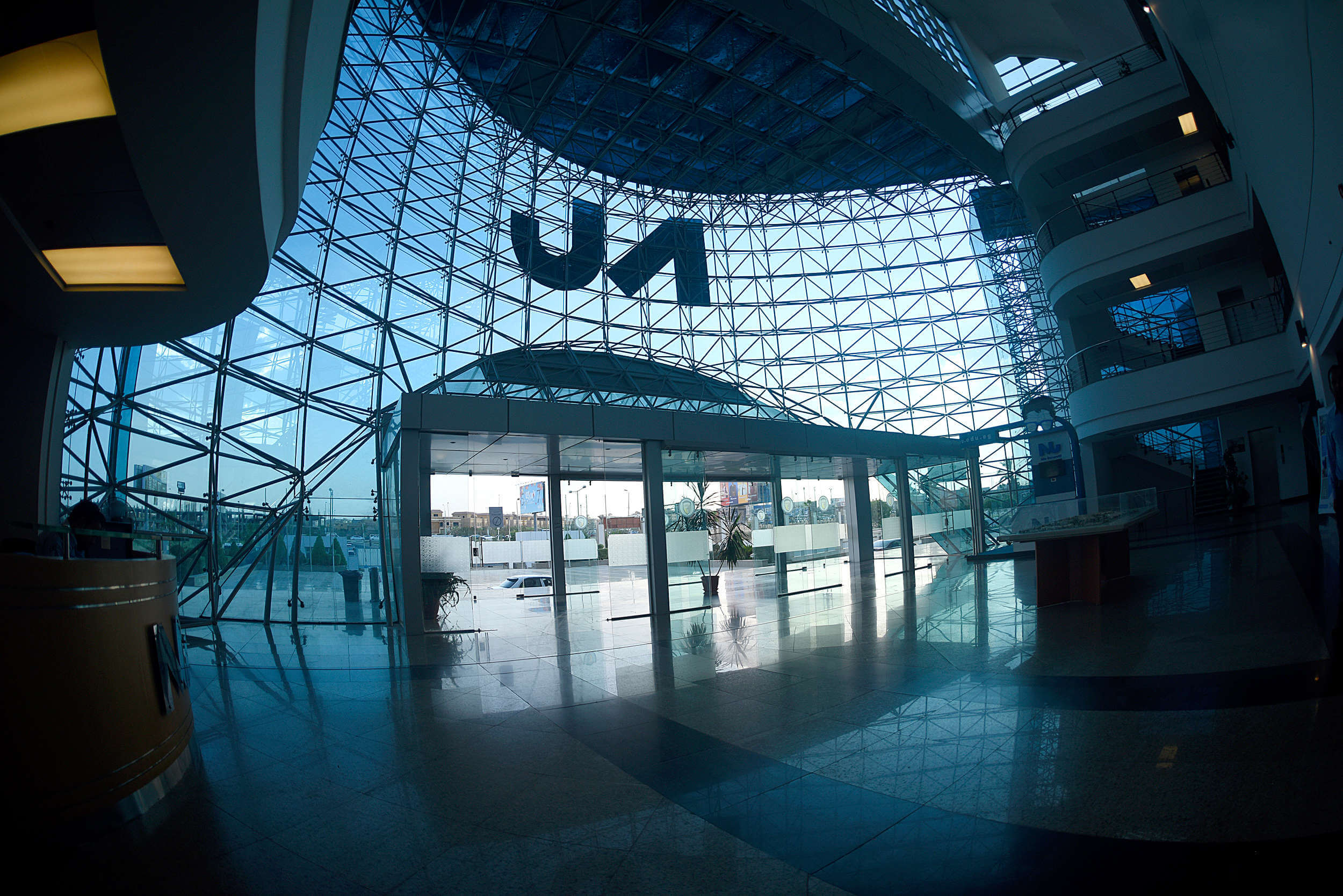Courses
Fluid Mechanics II
Fluid Kinematics, balance laws: continuity equation; momentum equation, Newtonian fluids, Navier-Stokes equations. Approximate analytical solutions for incompressible fluids, boundary layer approximation, Energy equation, the compressibility effects, introduction to turbulence.
MNG 382
Heat Transfer II
Phase change heat transfer (boiling and condensation), heat exchangers, radiative heat transfer, mass transfer.
MNG 474
Combustion
Introduction to inorganic chemistry, Chemical reaction balancing, Combustion fundamentals including flame stoichiometry, chemical kinetics, flame temperature, pre-mixed and diffusion flames. Applications to engineered combustion systems such as furnaces and fossil fueled engines. Continuous and unsteady combustion systems.
MNG 475
Internal Combustion Engines
An overview of the topic, description of internal combustion engines, the fuel-air cycles, the actual cycles, The heat transfer inside the engine and the cooling system, the supercharging technology.
MNG 477
Computational Thermo-Fluid Mechanics
Introduction to the finite difference method (FDM), types of partial differential equations, heat equation, stability and consistency analysis, Laplace equation, the wave equation, Artificial diffusion, modified equation, computer simulation of different multi-physics applications.
MNG 383
Finite Element Method and Applications in Mechanical Engineering
Introduction to different numerical techniques, the direct approach, the weighted residual approach, analysis of discrete systems e.g. pipelines, electric circuits, analysis of continuous systems. Programming for finite elements, Modeling and simulation using a software package.
MNG 386
Renewable Energy and Sustainability
Principles of renewable energy systems such as solar, wind, tidal, biomass, geothermal, and fuel cells. Environmental aspects of implementation of renewable energy e.g. hydro and nuclear energy sources. Energy conservation and conventional fossil fuel sources. New technologies and trends in renewable energy. Concept of sustainability and sustainable design for energy systems. Elementary economics
MNG 385
Renewable Power Systems
The renewable energy power systems, details of wind energy systems, wind power, wind histogram, Weibull and Rayleigh statistics, probability density function, performance coefficient, wind turbines, power curve, wind generators, capacity factor, annual energy, wind farms, and economics of wind energy systems. Sun and solar resources, earth’s orbit, sun path, solar irradiance, air-mass ratio
MNG 389
Sustainability in Engineering Design
Sustainability principles in the field of mechanical engineering, evaluate the environmental, economic, and social implications of engineering and design decisions, definition(s) of sustainability, main engineering sustainability challenges (e.g., water, energy, climate, and materials), pollution generation and prevention, and sustainability assessment tools, including life cycle assessments.
MNG 317
Turbomachinery
The design and analysis of turbomachinery, types of turbomachines, Dimensional analysis and similarity, application to flow machines, Selection of turbomachine type and size, specific speed and specific size, Flow in pipes and system curve, Cavitation: net positive suction head, suction specific speed. Energy transfer between fluid and rotor: steady flow energy equation, Velocity triangles, Stage
MNG 484
Powerplant Technology
The fundamentals of operation for various Power Plant systems, including: Steam and Gas turbine powerplants, Combined-cycle powerplants, Co-generation, background on Environmental impacts of powerplants, Circulating water systems and Energy storage.
MNG 476
Nuclear Power Plant Engineering
Introduction to nuclear engineering principles, the generation, transfer and transmission of energy in nuclear, reactor, nuclear power plant layout and location selection, the pressurized water reactors, boiling water reactors, gas, cooled reactors, fast reactors, the future of nuclear fusion, Nuclear power plant dynamics and control, Nuclear power plant safety.
MNG 479
Refrigeration and Air-Conditioning
Theories and concepts of the refrigeration and HVAC technology, Re-examination of laws of thermodynamics, multicomponent vapour systems, psychrometry, air conditioning, mechanical vapour compression refrigeration, absorption refrigeration, heating and cooling load calculations, air quality and human thermal comfort.
MNG 478

